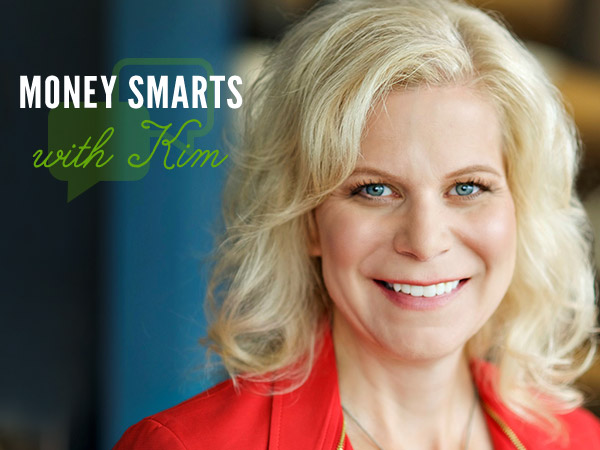Ask Kim: New Baby & Finances
Financial Education
Podcast: Confessions of a Debt Collector
Building Wealth
Credit
Money Management
Podcast
TRANSCRIPT

Guide To Financial Confidence

Three Smart Things To Do With Your Tax Refund

5 Ways To Save Money During The Holidays

How to Manage Pet Care Costs & Expenses

Checklist To Help You Save Money & Financially Plan For A Baby

1 Week Challenge: How To Save More Money & Own Your Life

3 Simple Ways To Save Energy (and Money) At Home

Different Types Of Savings Accounts & Choosing The Best One





Featured Products
Financial Education
About
Help & Support





Stay on SummitCreditUnion.com
Go
Consumer Financial Protection Bureau's website.



